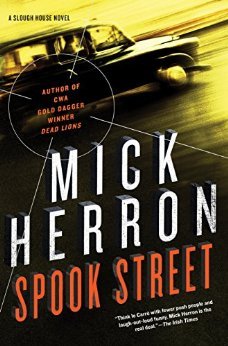I have returned to my booker short list reading with this one.
Here’s the blurb …
A new novel about a seductive and cunning American woman who infiltrates an anarchist collective in France—a propulsive page-turner of glittering insights and dark humor.Creation Lake is a novel about a secret agent, a thirty-four-year-old American woman of ruthless tactics, bold opinions, and clean beauty, who is sent to do dirty work in France. “Sadie Smith” is how the narrator introduces herself to her lover, to the rural commune of French subversives on whom she is keeping tabs, and to the reader. Sadie has met her love, Lucien, a young and well-born Parisian, by “cold bump”—making him believe the encounter was accidental. Like everyone Sadie targets, Lucien is useful to her and used by her. Sadie operates by strategy and dissimulation, based on what her “contacts”—shadowy figures in business and government—instruct. First, these contacts want her to incite provocation. Then they want more. In this region of centuries-old farms and ancient caves, Sadie becomes entranced by a mysterious figure named Bruno Lacombe, a mentor to the young activists who communicates only by email. Bruno believes that the path to emancipation from what ails modern life is not revolt, but a return to the ancient past. Just as Sadie is certain she’s the seductress and puppet master of those she surveils, Bruno Lacombe is seducing her with his ingenious counter-histories, his artful laments, his own tragic story. Written in short, vaulting sections, Rachel Kushner’s rendition of “noir” is taut and dazzling. Creation Lake is Kushner’s finest achievement yet as a novelist, a work of high art, high comedy, and unforgettable pleasure.
I was fascinated by this novel. Our protagonist (who calls herself Sadie) is a secret agent who infiltrates activist groups and tries to manipulate/encourage them to violent acts. Definitely dubious morally, but you still warm to her (or at least I did). And then the structure is interesting too – there are emails from Bruno (the activist group’s mentor) about Neanderthals and did they (prehistoric people) know something we don’t about living a good life? It also touches on gender relations – apparently in a commune people revert to biological roles (which just means women do the drudgery), on money and class, and environmental issues.
It is beautifully written and speaks to a lot of modern issues, which should appeal to a large audience.
I still think James will win.
Two more novels to go.



